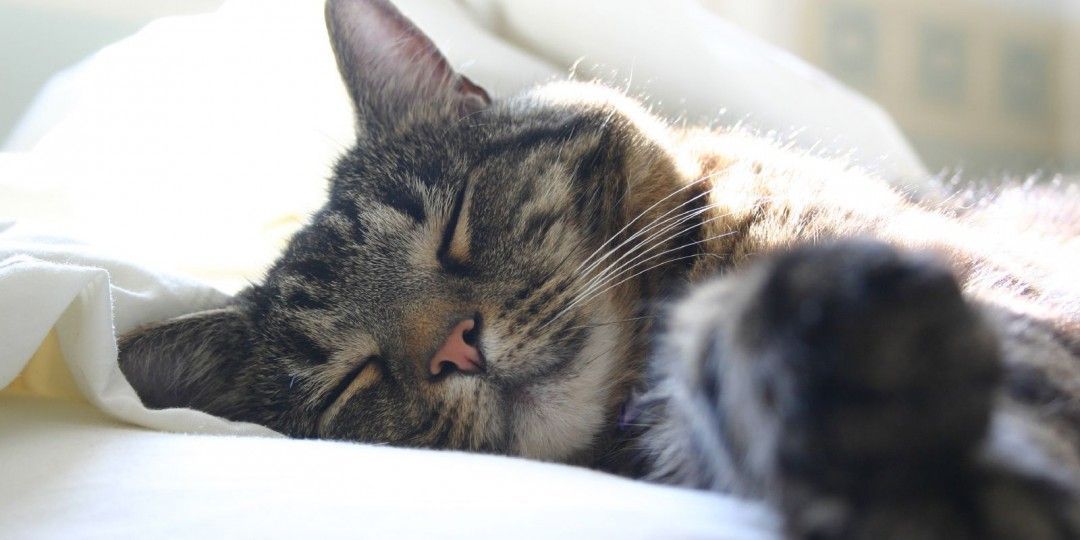Obsessive-Compulsive Disorder (OCD)
Obsessive-compulsive disorder (OCD) is a mental disorder in which individuals have unwanted and recurring thoughts, feelings, pictures, or sensations (obsessions) and respond with actions or mental acts (compulsions).

People with OCD frequently perform compulsions to temporarily erase or minimise the impact of obsessions, and not executing them causes misery. The severity of OCD varies, but if left untreated, it can impair one's capacity to perform at work, school, or at home.
OCD is believed to afflict more than 2% of adults at some point in their lives, and it can be accompanied by other illnesses such as anxiety disorders, depression, and eating disorders. It usually arises throughout childhood, adolescence, or early adulthood.
Obsessions, compulsions, or both are present in the diagnostic criteria for obsessive-compulsive disorder, where:
Obsessions are repeated thoughts, desires, or pictures that are perceived as intrusive and undesired, causing discomfort or anguish in most people. The individual attempts to ignore, suppress, or neutralise them with a different idea or behaviour.
Compulsions are recurrent behaviours or mental acts that an individual feels driven to perform in response to an obsession or in accordance with stringent restrictions. They are intended to alleviate worry or discomfort or to prevent a feared event or circumstance, but they are either unrelated to these outcomes or are excessive.
These obsessions or compulsions consume more than one hour of the individual's day or create clinically substantial suffering or impairment. They must not be better explained by the effects of a substance or another mental disorder or medical condition to be diagnosed with OCD.
Obsessions can vary greatly in their specifics: They may include contamination thoughts, a yearning for order, or forbidden thoughts concerning sex, religion, or danger to oneself or others.
Most persons with OCD resort to compulsions in reaction to their obsessions, which may include behaviours such as washing, rearranging or counting objects, seeking reassurance, or checking (to see if an oven is turned off or a door is locked, for example). They can also comprise mental behaviours that are not visible to others. Compulsions can momentarily alleviate symptoms of an obsession, such as anxiety, distress, or a sense that something is wrong.
People with OCD may also avoid people, places, or things that they believe would trigger their obsessions and compulsions. They also frequently exhibit dysfunctional beliefs, such as a heightened sense of duty, intolerance of ambiguity, perfectionism, or an exaggerated perspective of the importance of problematic ideas.
Individuals with OCD differ in their level of understanding of the disorder. Someone with high insight may identify that OCD-related beliefs (such as the belief that practising a compulsion will avert a dreadful event) are not true; someone with inferior insight may believe such beliefs are true or are likely to be true.
The degree of symptoms may fluctuate over time, but if not treated, the illness can last for years or decades.
Is it usual for OCD to have co-occurring disorders?
People who have OCD can often have another type of mental disorder. According to the DSM-5, approximately three-quarters of people with OCD have an anxiety disorder, such as generalised anxiety disorder or panic disorder; more than half have a depressive or bipolar disorder, and up to 30% have a tic disorder. OCD individuals may also suffer from various other problems, including body dysmorphic disorder, trichotillomania, and excoriation disorder.
How is OCD triggered?
Stress from a life-changing event, such as death, divorce, or abuse, can sometimes trigger obsessive behaviour. Obsessive, compulsive, or both symptoms are possible. Individuals may fear germs or require order in their lives, such as double-checking that everything is turned off and locked.
Causes
While the exact causes of obsessive-compulsive disorder are unknown, there are genetic and environmental risk factors. People with a parent, sibling, or child with OCD are more likely to get it themselves, and twin studies corroborate the role of hereditary influence in the disorder's development. Childhood physical or sexual abuse and other traumatic events are linked to an increased risk.
Treatment For OCD
Psychotherapy, medicine, or both are commonly used to treat obsessive-compulsive disorder.
Cognitive-behavioural therapy (CBT), which is used to treat a variety of illnesses, and a specific type of CBT called exposure and response prevention are both research-backed forms of therapy for treating OCD (ERP). ERP involves exposing a person with OCD, first supervised by a therapist, to ideas, things, or situations that cause anxiety or lead to obsessions and compulsions and learning not to engage in habitual compulsions. This method tries to gradually diminish the anxiety caused by such thoughts and encounters, allowing the individual to better manage OCD symptoms.
OCD can also be treated with medications such as serotonin reuptake inhibitors (SRIs) and selective serotonin reuptake inhibitors (SSRIs). SSRIs are often recommended for numerous issues, including depression and anxiety disorders, and are considered to function by raising the quantity of the neurotransmitter serotonin in the brain.






